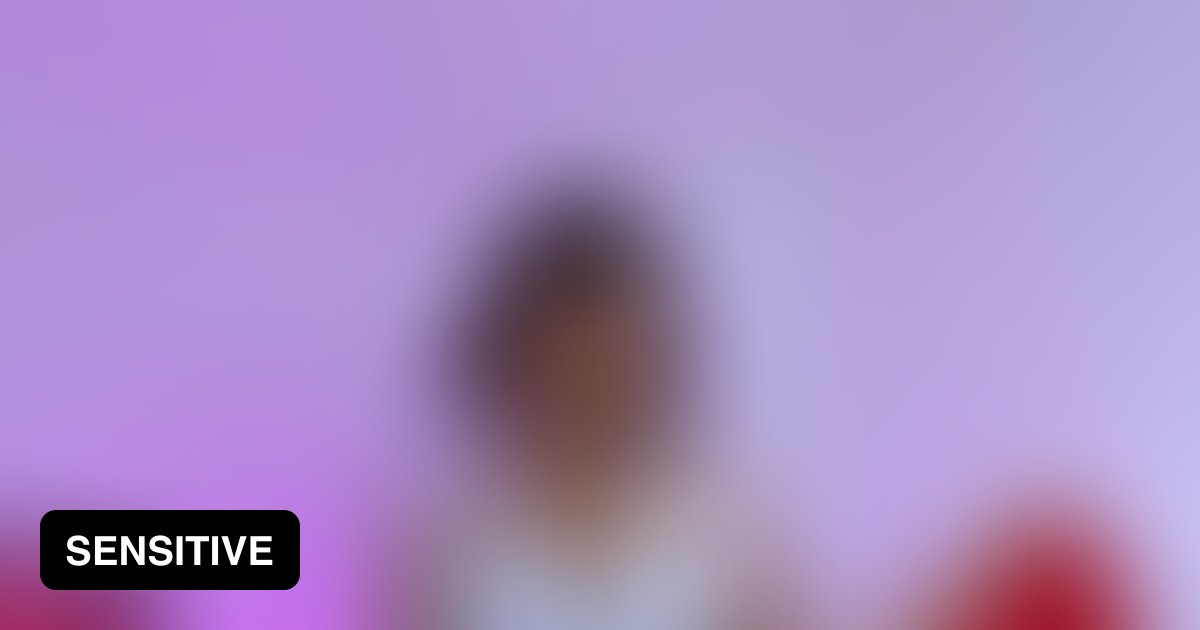In today's digital age, the phrase "Lela Sohna naked" has become a topic of significant curiosity and debate. It's essential to approach such sensitive subjects with responsibility, ensuring that we separate facts from fiction and provide a comprehensive understanding. In this article, we aim to explore the origins of this phrase, its implications, and how it relates to broader discussions about privacy, consent, and media representation.
As the internet continues to shape the way we consume information, it's crucial to delve into topics like this with a balanced perspective. This article will examine the context behind "Lela Sohna naked," addressing its origins, the individual at the center of the discussion, and the societal implications of such controversies.
By understanding the nuances of this topic, we can foster a more informed and respectful dialogue. Let's explore this subject while adhering to ethical guidelines, ensuring that the conversation remains constructive and meaningful.
Read also:Who Is Mariana Sheinbaum Discovering The Life And Achievements Of A Visionary Leader
Table of Contents
- Biography of Lela Sohna
- Origins of the Controversy
- Common Misconceptions
- The Importance of Privacy and Consent
- Role of Media in Shaping Perceptions
- Statistics on Privacy Violations
- Legal Implications of Non-Consensual Content
- Impact on Individuals and Society
- Prevention and Awareness
- Conclusion and Call to Action
Biography of Lela Sohna
Lela Sohna, a name that has gained attention in recent years, is an individual whose life has been intertwined with controversy due to misinformation and the spread of sensitive content online. To better understand the context, let's explore her background and the events that led to the widespread discussion surrounding her.
Personal Information
Below is a table summarizing key details about Lela Sohna:
| Full Name | Lela Sohna |
|---|---|
| Date of Birth | Not publicly disclosed |
| Place of Birth | Unknown |
| Profession | Not specified |
| Claims to Fame | Misinformation and controversy surrounding her name |
While limited information is available about Lela Sohna, it is crucial to approach her story with sensitivity and respect for her privacy.
Origins of the Controversy
The phrase "Lela Sohna naked" has emerged as a result of the rapid dissemination of information on the internet. Often, such controversies stem from the unauthorized sharing of personal content, leading to widespread speculation and misinformation.
It is important to note that the origins of this controversy are rooted in the unauthorized distribution of private material, which raises significant ethical and legal concerns. The internet's ability to amplify content quickly can lead to the spread of harmful narratives that affect individuals' lives.
Role of Social Media
- Social media platforms can inadvertently contribute to the spread of misinformation.
- Users may share content without verifying its authenticity, further fueling the controversy.
- Efforts to combat the spread of harmful content are ongoing, but challenges remain.
Common Misconceptions
When it comes to topics like "Lela Sohna naked," misconceptions often overshadow the truth. Below are some common myths associated with this phrase:
Read also:Karen The Office Actress Who Captivated Audiences
- Myth 1: The content is willingly shared by the individual.
- Myth 2: The individual is a public figure, making their privacy less important.
- Myth 3: Sharing such content is harmless and does not have real-world consequences.
Addressing these misconceptions is vital to fostering a more informed and empathetic society.
The Importance of Privacy and Consent
In the digital age, privacy and consent are more critical than ever. The unauthorized sharing of personal content not only violates an individual's rights but also perpetuates harmful behavior that can have lasting effects.
Respecting privacy means understanding that everyone has the right to control how their personal information is shared. Consent is a fundamental aspect of this principle, ensuring that individuals have agency over their digital presence.
Legal Protections
Various laws and regulations exist to protect individuals from the non-consensual sharing of intimate content. These laws emphasize the importance of respecting privacy and holding accountable those who violate it.
Role of Media in Shaping Perceptions
The media plays a pivotal role in shaping public perception of sensitive topics like "Lela Sohna naked." Responsible journalism involves verifying facts, respecting privacy, and avoiding sensationalism.
Media outlets have a responsibility to report on such issues with integrity, ensuring that the narrative remains focused on the broader implications rather than perpetuating harmful stereotypes.
Impact of Sensationalism
Sensationalism in media coverage can exacerbate the negative effects of privacy violations. By prioritizing clicks over ethics, some outlets contribute to the spread of misinformation and harm individuals involved.
Statistics on Privacy Violations
Data shows that privacy violations are a growing concern worldwide. According to a report by the Pew Research Center, approximately 16% of internet users have experienced some form of privacy invasion online.
These statistics highlight the need for greater awareness and education about digital privacy rights. By understanding the prevalence of such issues, we can work towards creating a safer online environment for everyone.
Global Trends
- Privacy violations are on the rise, with more people becoming victims of non-consensual content sharing.
- Efforts to combat these issues are gaining momentum, with increased legal protections and public awareness campaigns.
Legal Implications of Non-Consensual Content
The sharing of non-consensual intimate content, often referred to as "revenge porn," is illegal in many jurisdictions. Legal frameworks have been established to address these violations, ensuring that victims have recourse and perpetrators face consequences.
Understanding the legal implications of such actions is crucial for promoting accountability and justice. By supporting these laws and advocating for their enforcement, we can help protect individuals from harm.
Key Legislation
- Many countries have enacted laws specifically targeting non-consensual content sharing.
- Victims are encouraged to seek legal assistance to address violations and protect their rights.
Impact on Individuals and Society
The impact of privacy violations extends beyond the individual, affecting society as a whole. Victims often experience emotional distress, reputational damage, and even physical harm as a result of such violations.
Society must recognize the importance of respecting privacy and promoting a culture of consent. By doing so, we can create a more supportive and inclusive environment for everyone.
Support for Victims
Support systems, including counseling services and legal resources, are available to assist victims of privacy violations. Encouraging individuals to seek help and providing them with the necessary tools is essential for their recovery.
Prevention and Awareness
Preventing privacy violations requires a multifaceted approach, involving education, technology, and policy. By raising awareness about the importance of privacy and consent, we can reduce the incidence of such violations.
Technological solutions, such as encryption and secure sharing platforms, can also play a role in protecting individuals' personal information. Encouraging the use of these tools is vital for enhancing digital security.
Community Efforts
- Communities can organize workshops and awareness campaigns to educate individuals about privacy rights.
- Encouraging open discussions about consent and respect can foster a more informed and empathetic society.
Conclusion and Call to Action
In conclusion, the phrase "Lela Sohna naked" represents a broader discussion about privacy, consent, and media responsibility. By addressing the origins of the controversy, dispelling misconceptions, and emphasizing the importance of privacy, we can work towards a more respectful and informed society.
We invite readers to take action by sharing this article, engaging in constructive discussions, and advocating for privacy rights. Together, we can create a digital landscape that prioritizes respect and consent for all individuals.


